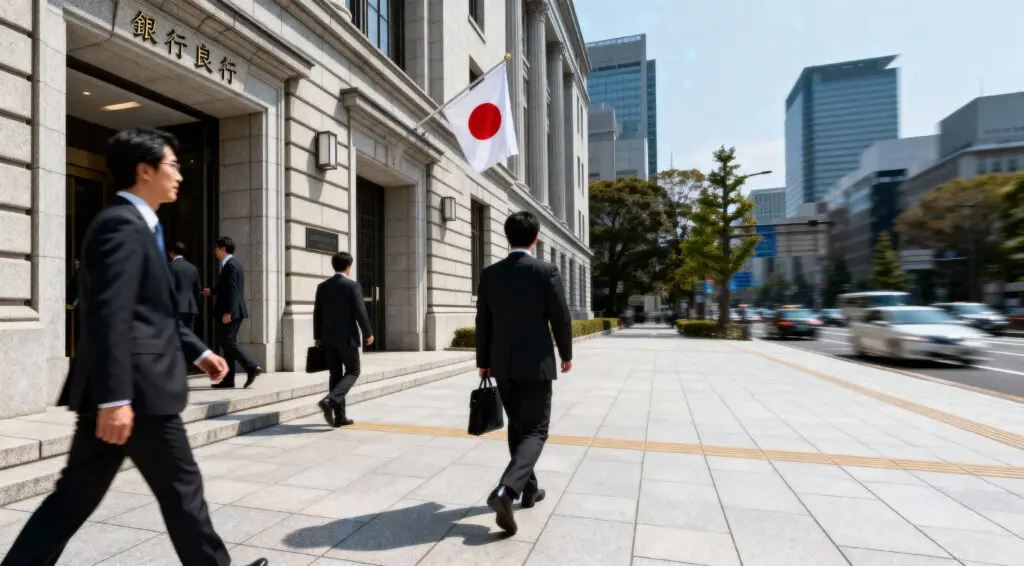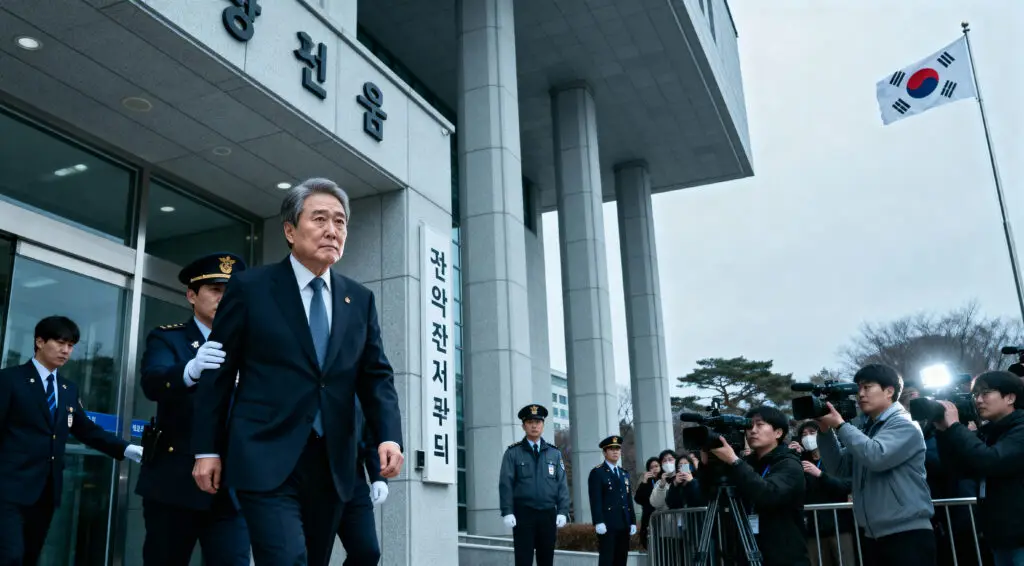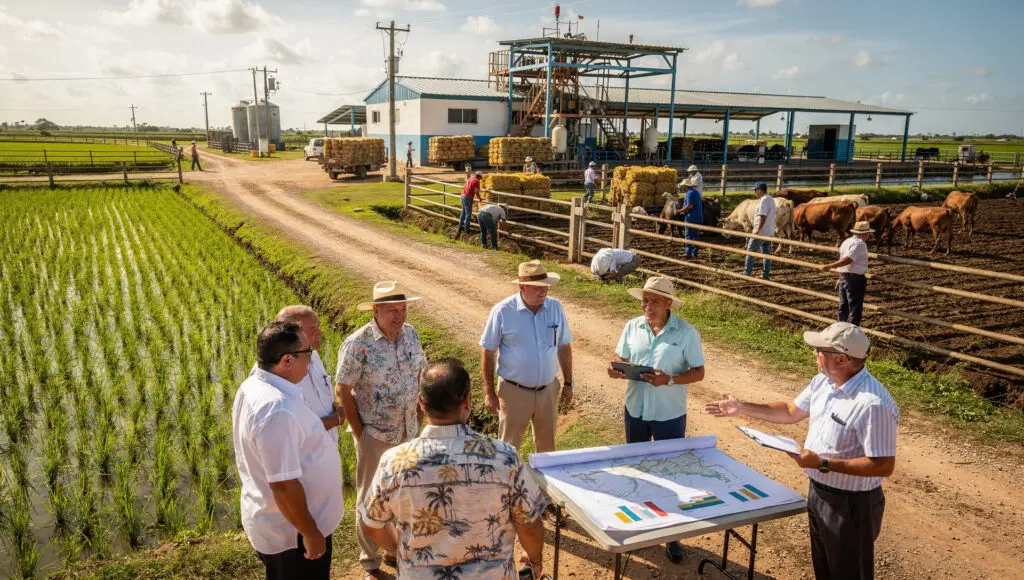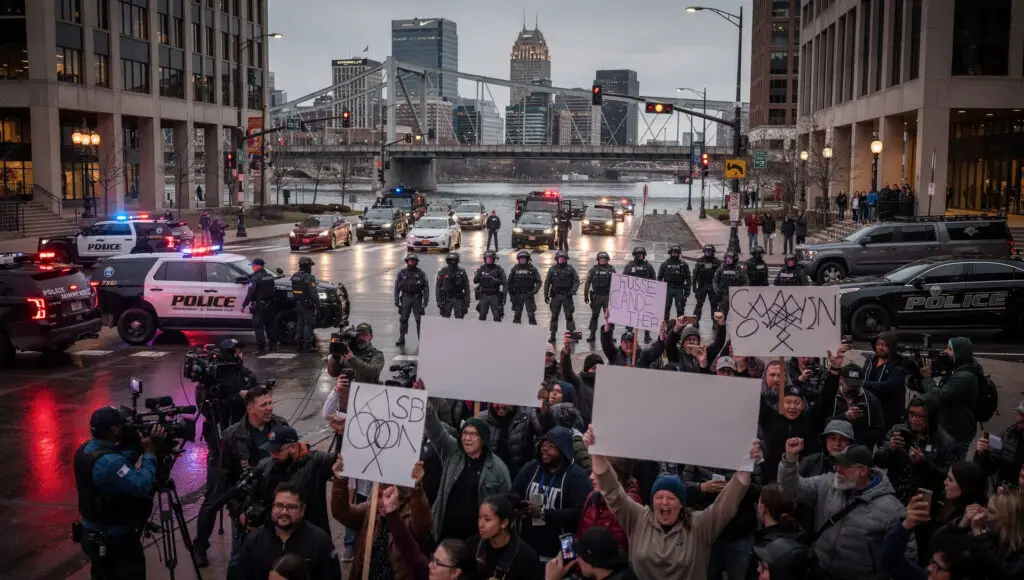Bank of Japan Moves Closer to First Rate Hike Since January
The Bank of Japan (BOJ) is hinting that it could hike interest rates soon because members of the policy board are becoming more sure of Japan’s economy’s ability to bounce back. But the cautious tone comes with a few warnings about wage growth and global stability.
The BOJ decided to hold the benchmark rate at 0.5% during its policy meeting on October 29 and 30. This rate has been in place since January 2025. The central bank warned it will be prudent before tightening monetary policy more, even while inflationary pressure is still high.
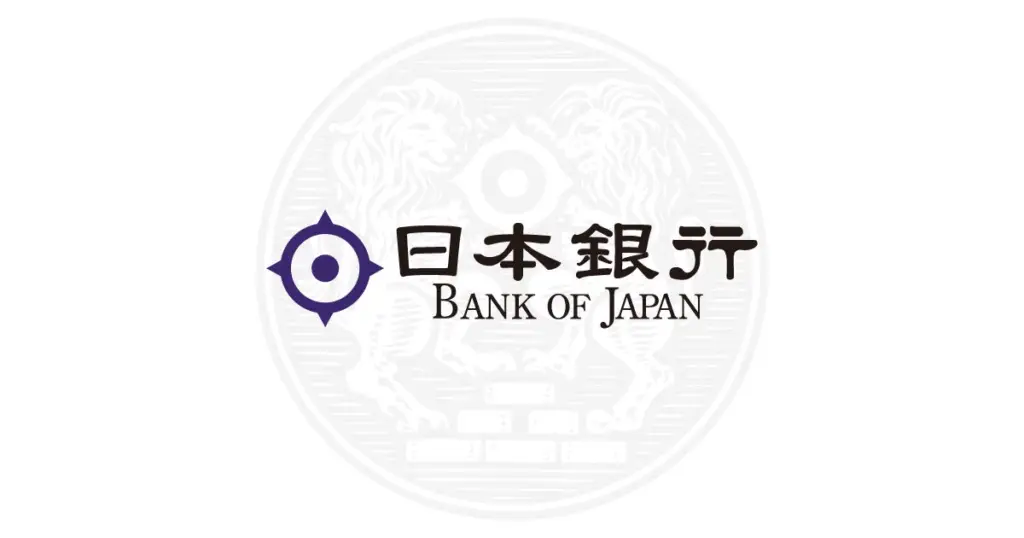
Inflation Persists as Board Considers Next Steps
A summary of what people said during the October meeting, which was made public on Monday, reveals that most people agree that a rate rise is probable unless the economy changes a lot from what was expected. The statement continued, “The Bank will keep raising the policy interest rate as long as the economy and prices keep getting better.”
Board members said that Japan’s inflation is still higher than the objective, but wages for businesses are still going up. But if the economy slows down, worry over U.S. tariffs and Japan’s new government policies might cause action to be delayed.
Cautious Optimism on Wage Growth and Spending
After the meeting, Governor Kazuo Ueda told reporters that the BOJ will wait for clearer indicators that wage increases will keep happening. He stated, “The initial momentum in how companies set wages is important,” implying that increased wages might keep mild inflation going without slowing down growth.
One member noted that “this is likely to lead to a policy change” if the world economy doesn’t get any new shocks and wages go up at a healthy rate. The central bank is still cautious about tightening too quickly, though, because it may hurt Japan’s weak recovery from the outbreak.
Recommended Article: Washington Economy Struggles as Shutdown Deepens Crisis
Political and Policy Uncertainty Under New Government
The BOJ is also taking into account the political instability that comes with the appointment of Prime Minister Sanae Takaichi, who assumed office less than a month ago. Takaichi has always supported very loose monetary policy and fiscal stimulus, while some of her cabinet colleagues want a more balanced approach.
Some officials think the BOJ should wait to raise rates until the incoming administration’s budget plan is clearer because of this uncertainty. Experts argue that the bank’s next step will rely on whether the government’s plans for spending match its aims for keeping inflation low.
Economists Expect Gradual, Measured Rate Path
Economists see the BOJ’s recent words as an indication that things are slowly getting back to normal. Toru Suehiro, chief economist at Daiwa Securities, said, “The BOJ is moving toward a rate hike, but its pace is slow, like crawling forward.”
Suehiro said that the central bank would probably keep rates the same at its next meeting on December 18–19 so that it may go over budget plans for fiscal 2026. Many people think that the first rate rise might happen in January 2026 if the economy stays steady.
Split Opinions Among Policy Board Members
Hajime Takata and Naoki Tamura, two members of the policy board, disagreed with the October decision and called for a quick rate hike. Both had already spoken out against the decision made in September to keep rates constant, saying that continuing to ease monetary policy may cause inflation to rise over target levels.
Their disagreement shows that the board is becoming more divided about how long Japan should keep its accommodating policy. Some members want to take action right away, while others want to maintain high liquidity until domestic demand and wage growth start to rise steadily.
Next BOJ Meeting May Determine Timing of Rate Hike
The policy conference in December will probably set the tone for the first part of 2026. Analysts think that if inflation and wages keep going up like they are now, a minor rate hike might happen then or at the January meeting.
The BOJ is still being careful, though, because trade tensions are still high and global growth is still uncertain. Ueda said again that any decision to hike rates must be based on evidence and happen slowly so that Japan’s economy can keep growing without causing problems in the markets.






